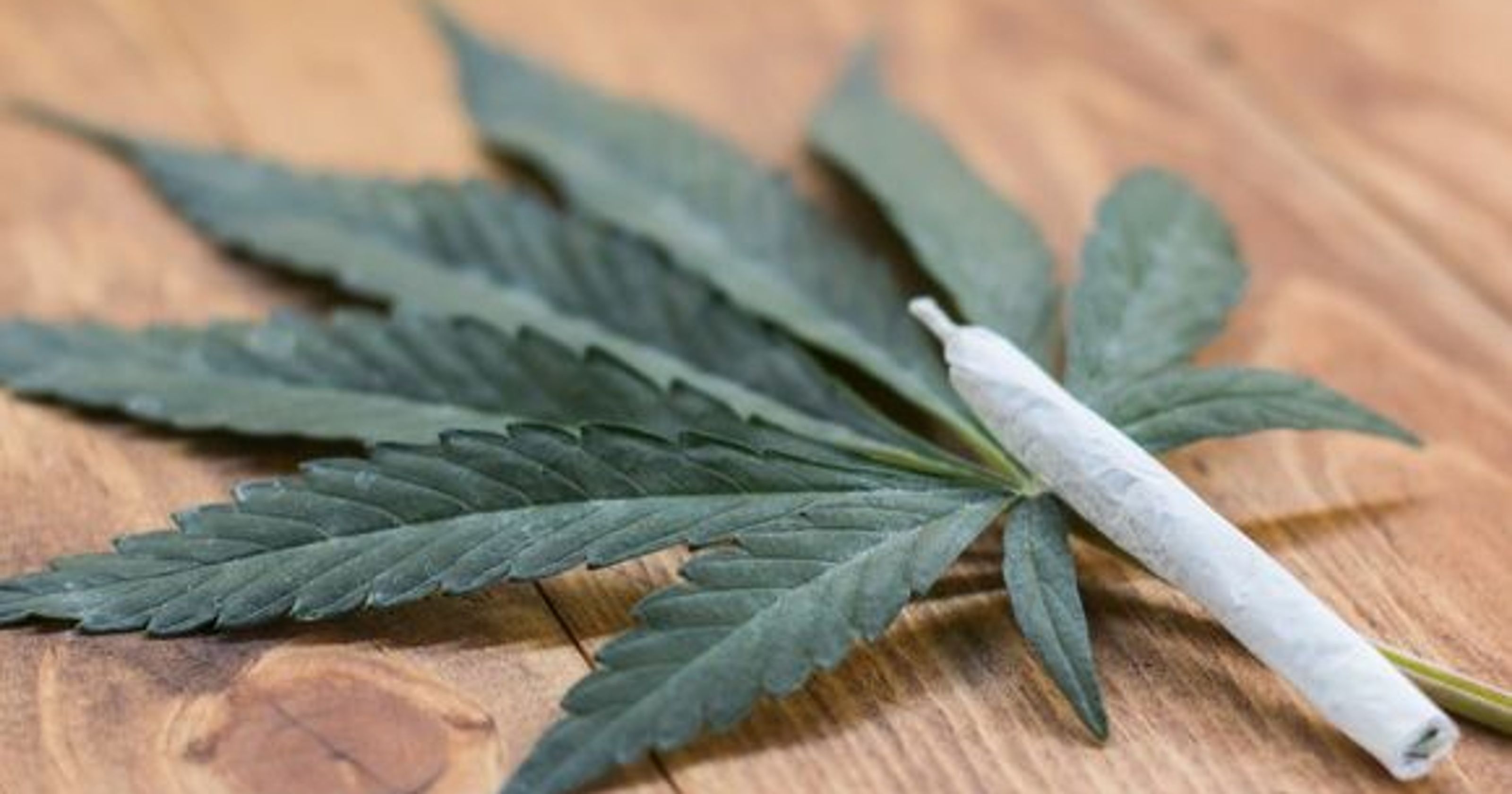Marijuana use has been present in human civilization for a very long time, the earliest recorded use goes far back as 2000–1400 BCE in India which was noted in the Atharva Veda as a spiritual sacrament. The Prohibition against Marijuana began around the 19th century, an early entry being the British Colony of Mauritius banning cannabis use due to its effect on the Indian Indentured Labourers.
Cannabis has been utilized in human consumption for Medical, Spiritual and Recreational reasons, Typical applications include inhalation, ingestion and absorption. It is prepared in various forms such as Dried Plant Matter, Kief, Hashish, Hashish Oil, Tinctures and Infusions.
At the beginning of the 20th century most countries would have legislated against the possession, transfer, use and cultivation of cannabis. The motivations of which are quite varied from Racism, Group Marginalization, Geopolitical Pressure/Policies, Adverse Health Effects and Criminal/Terrorist Financing. In today’s context, Cannabis Prohibition for Racial and Group Marginalization is generally seen as a morally bankrupt stance, while Geopolitical Pressures and Polices are increasingly being frowned upon because of their decomposing effect on a nation’s sovereignty and self-determination. The only valid reasons seem to be Adverse Health Effects in terms of social well-being when paralleled to alcohol and tobacco’s legal status seems to be an increasingly hypocritical stance. This leaves Criminal and Terrorist financing to be the most valid points of prohibition, but legalization can easily dismantle the profit motive for these groups, similarly when alcohol was prohibited.
Marijuana Today
Cannabis for recreational use is still illegal in most countries, but there are variations of these stances on use and cultivation across a few nations. In Canada and Uruguay, marijuana enjoys full legalization and regulation in Cultivation, Recreational and Medicinal use with the stipulation of part takers being 18 years or older. While in quite a few nations There is varying degrees of legality and decriminalization in the use and cultivation, being dependent on quantities used and cultivated. Some countries have cannabis being illegal but the laws being unenforced. In the United States of America, cannabis for recreational use is legal in then (10) States. For medical purposes, it is legal in thirty-three (33) States. Cultivation is illegal on a Federal level but is permitted in certain localities at a state level.
Jamaican Ganja
In the Caribbean, the island state that is most iconic for marijuana is Jamaica home to the Rastafari, Reggae Music, Bob Marley and Peter Tosh who released “Legalize It” in 1975, which became an anthem for Cannabis legalization. Recreational use in Jamaica was decriminalized (2015), with amounts of two (2) oz or less result in a petty offence, no criminal record and where cultivation is permitted of five (5) plants or less, Rastafarians can enjoy it legally for religious purposes. 2018 the first medical marijuana dispensary was opened in Jamaica. Tourist with a prescription for medical marijuana are allowed to apply for permits to purchase small amounts. However, trafficking of marijuana and those that participate in the largely illegal international cannabis trade are prosecuted.

The Herb and Trinidad and Tobago
In the Trinidad and Tobago in the present context it is illegal to use or cultivate cannabis for any reason. Originally in Trinidad and Tobago’s history, cannabis was unregulated however in 1915, under the Ganja Ordinance all Cannabis on the island had to be gathered in a bonded warehouse and distributed to sellers who paid a licensing fee to do so. In 1925 Trinidad and Tobago outright banned cannabis and throughout the years various legislation has upheld this stance, with the most recent being The Dangerous Drugs Act which serves as a unifying piece of legislation that deals with all substances considered to be controlled or illegal.
However, in September 2018 The Prime Minister of Trinidad and Tobago Dr. Keith Rowley has expressed that in 2019 the Government will review its Marijuana Legislation and possible decriminalization may be in sight. This may have been spurred on by many factors, but proceed after a call from the Caribbean Collective for Justice, which is an activist group operating in the Caribbean region seeking environmental and social justice to decriminalize cannabis in Trinidad and Tobago.

The reality is that while Marijuana legalization has some merit, especially where other immediately non-lethal psychotropic substances enjoy regulated legal status. The fact is that there are many social and religious opponents to introducing new substances on the population, which will have an effect on the social fabric in seen and unseen ways.
However, in these decisions, risk vs. reward must be weighed and measured. The attractive prospect that if this is done correctly the economic activity can be sizable and even invigorate other sectors of the Trinidad and Tobago economy while disrupting the criminal elements. The fallout maybe in some human capital, where the drug will be abused, comparatively we have similar cases with Alcohol and Tobacco, and it has not caused the wholesale rending of society. In the context where some religions frown on the use of these substances the fact that this is a plural multi-ethnic society, while religion must be observed such moral bonds are personal and/or communal and cannot impinge on the rights of others in the state.
Basically we are at a time that if this is done correctly Trinidad and Tobago can be in the forefront of great opportunity and commerce, but as usual the social and political will must be there to see this to its end. Bear in mind that we are still talking about decriminalization not legalization, so we are still a far way off from seeing the light.

Leave a Reply
You must be logged in to post a comment.